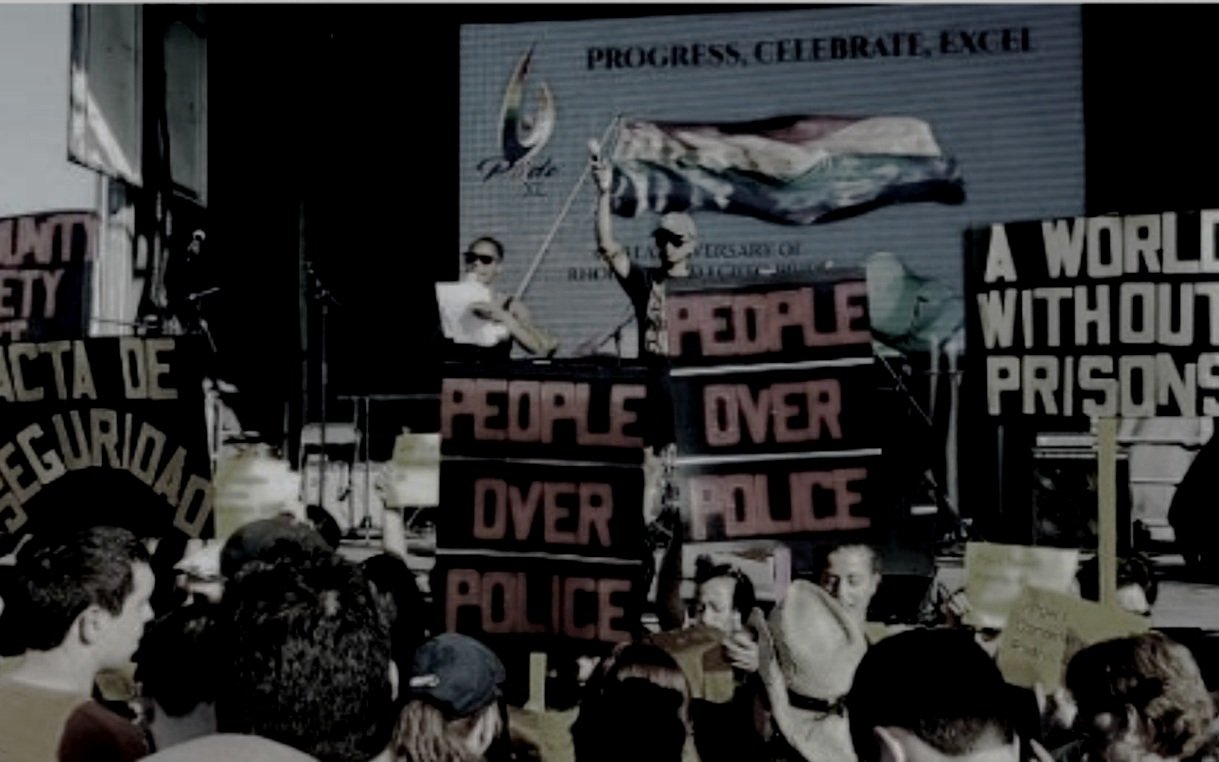
P.A.S.S. PLAN FOR STUDENT SAFETY


SAFETY PLAN SUMMARY:
-
Item descriptionOur communities have been organizing for racial equity in our city's education institutions for years. The Providence Alliance for Student Safety (PASS) coalition launched in December 2018, comprised of youth-led organizations, Alliance of Rhode Island Southeast Asians for Education
(ARISE), Providence Student Union (PSU), and Providence Youth Student Movement (PRYSM). In late 2020, three additional youth organizations became coalition members, Youth In Action (YIA), Rhode Island Urban Debate League (RIUDL), and Young Voices. These youth-led organizations came together under a common goal: to end the school to prison pipeline and fight for educational justice.
In 2020, our nation was re-awakened into action by the murders of Tony McDade, Breonna Taylor, George Floyd and countless other victims of police violence and white supremacy. This collective pain was only compounded by the devastating impact the COVID-19 pandemic had on communities of color. On Juneteenth of 2020, Youth from the P.A.S.S. Coalition led hundreds of Providence Public School District (PPSD) students and allies on a march from PPSD high schools to the steps of the statehouse to demand Rhode Island’s leaders defund the police, remove police from schools, and invest in the health and well-being of Black students.
We envision a future where young people of color attend schools that lift us up instead of push us out, where school safety starts with care rather than punishment, and where our voices lead our communities forward. We believe in a world in which no child is criminalized and all Black, Latinx, Indigenous, Asian, immigrant, LGBTQIA+ and all marginalized youth receive education that empowers them to thrive in their true dignity. Now we are ready not just with a vision, but with a Plan for Police-Free Schools.
Over 90% of the Providence student body are students of color, so removing police from our schools is the critical first step in prioritizing the health, safety, and well-being of our youth. Nevertheless, our plan goes beyond removing police and into driving a racial equity transformation in our schools. We present the following Plan complete with budgetary recommendations, processes to center student voices, and a timeline to build schools where every Black and Brown student can thrive. We call on PPSD, RIDE, and Governor McKee to implement the following demands:
-
Police do not make students safer. Instead, our lived experiences and research show that the presence of police in schools causes the criminalization of Black, Latinx, Indigenous, LGBTQIA+ students and other marginalized student populations. Police presence has been shown to negatively impact our mental health and our ability to learn. We call for the immediate removal of police from our schools because we deserve a model of school safety that treats us with dignity and respect.
-
School safety starts with student wellness. To thrive as students, we need professionals trained in anti-racist, trauma-informed social, emotional, and mental health care. We demand investment in higher staffing ratios of counselors, social workers, nurses, school safety coaches, and restorative specialists who are Black, Indigenous, P.O.C. and LGBTQIA+. A robust support system is the key to creating safe and nurturing school environments.
-
Our schools need training and coordination to shift from punitive discipline to restorative practices. We call for strong district leadership, community engagement, innovative restorative staff positions, and funding for a 5+ year timeline to introduce a district-wide transformation toward restorative school culture and practices.
-
Item descriptionWe propose that the District vest control over student safety and accountability in a committee of Youth Advocates and community allies, selected by youth. This youth-led committee will have control over school safety--abolishing punitive disciplinary policies, defining the actions schools will take to address disciplinary issues without the intervention of police, and guiding the design and implementation of transformative justice policies.



